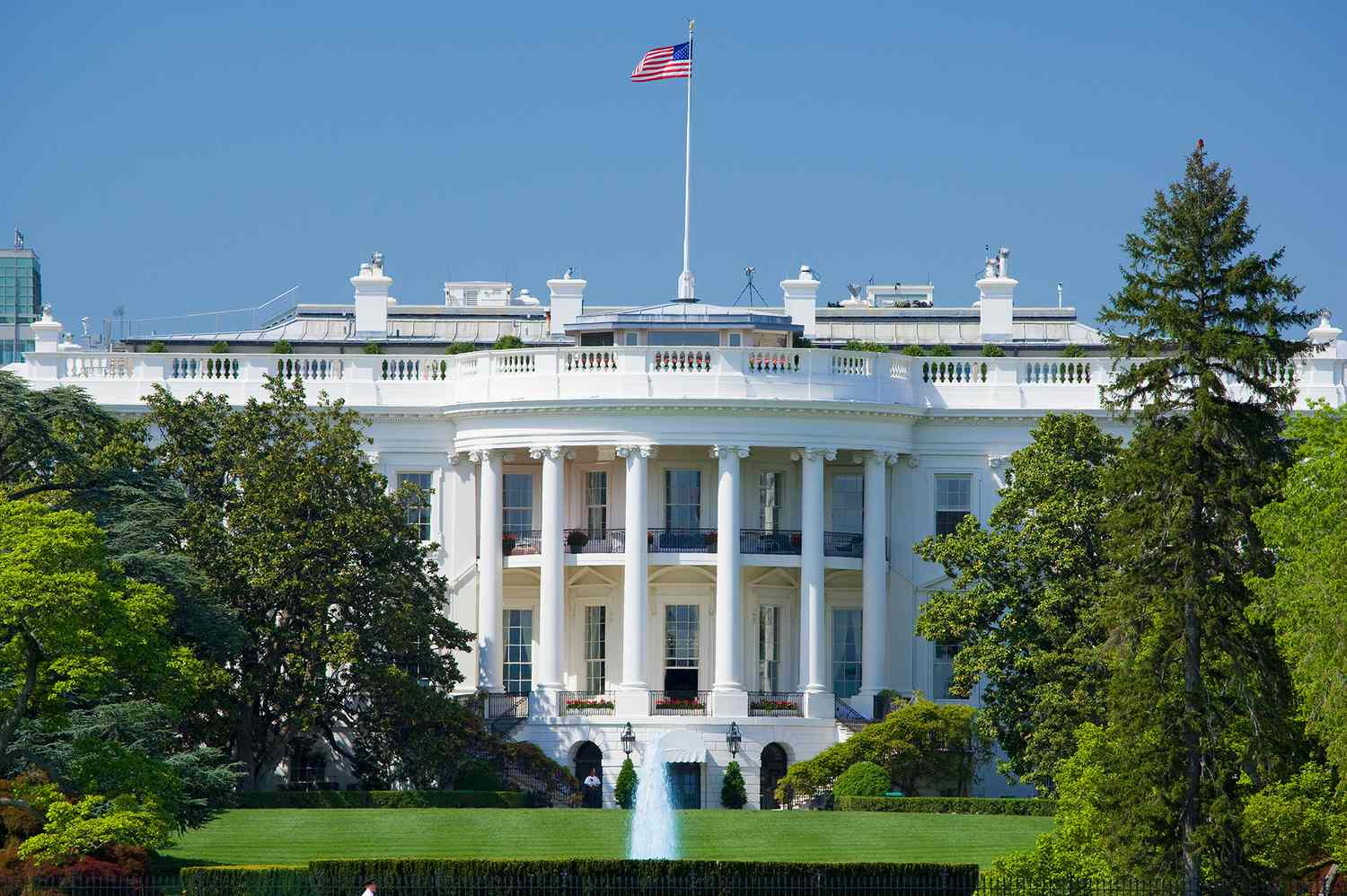:max_bytes(150000):strip_icc():format(jpeg)/TAL-white-house-GOVSHUTDOWN1025-70328800f8974d8c888ddfa780ba6226.jpg)
The United States government officially shut down on Oct. 1, 2025, due to a lack of funding, according to The White House and the U.S. Office of Personnel Management. While the shutdown may have widespread effects across various industries, travelers and outdoor enthusiasts may notice the impacts sooner than others.
“The longer a shutdown drags on, the more likely we are to see longer TSA lines, flight delays and cancellations, national parks in disrepair and unnecessary delays in modernizing travel infrastructure,” Geoff Freeman, president and CEO of U.S. Travel Association (USTA), shared in a letter to Congress in advance of the shutdown.
The USTA estimates the shutdown will result in a $1 billion weekly loss of revenue, wages, and related costs to the travel industry, affecting millions of small businesses and individual travelers.
Flights
While travelers may eventually experience flight delays and longer Transportation Security Administration (TSA) lines, the effects might not be immediate. According to USTA, both Federal Aviation Administration (FAA) air traffic controllers and TSA agents are classified as essential workers, meaning they continue to report for duty as scheduled.
“TSA and air traffic controllers will still work because they’re considered essential workers, but because they’ll go unpaid, there may be longer lines, delays, and flight cancellations (less likely but possible if the shutdown drags on),” Sarah Silbert, managing editor of Points Pathsaid in a statement obtained by T+L. “A shutdown would also pause non-essential FAA activities like certification and safety approvals, which could lead to more flight delays, and national parks could close or have more limited service.”
A Department of Transportation shutdown plan published in 2024 outlines which agencies continue to operate during a funding lapse. These include air traffic controllers, maintenance of navigational aids, flight standards, hazardous materials inspections, air traffic safety oversight, accident investigators, and airport inspectors.
Cruise Ships
Cruise passengers are unlikely to experience immediate disruptions to their travel plans.
For example, the Seattle Cruise Port confirmed it would remain operational during the shutdown. “Our facilities will remain operational during any shutdown, but many of our federal partners will be working without pay,” Ryan Calkins, Port of Seattle commission vice president, said in a news release. “Additionally, any shutdown could cause disruptions to our regional economy, which is already seeing impacts from global and economic uncertainty.”
That said, the Federal Maritime Commission has announced it is closed during the shutdown. While the agency doesn’t directly manage cruise operations, it does oversee certain certifications for cruise lines departing U.S. ports, according to the agency’s website.
National Parks
National parks are managed and operated by the U.S. Department of Interior. At the time of publication, neither the agency nor the National Park Service has released nationwide guidance on how the shutdown will affect national park operations.
Each national park maintains its own website, which typically includes a closure and advisory section. These pages may be updated with park-specific information as the situation evolves.
Still, previous shutdown guidance from 2023 may offer clues for outdoor enthusiasts. That alert indicated that visitor centers, bathrooms, gated parking lots, and other facilities could be closed, while trash collection and maintenance services would be suspended.





